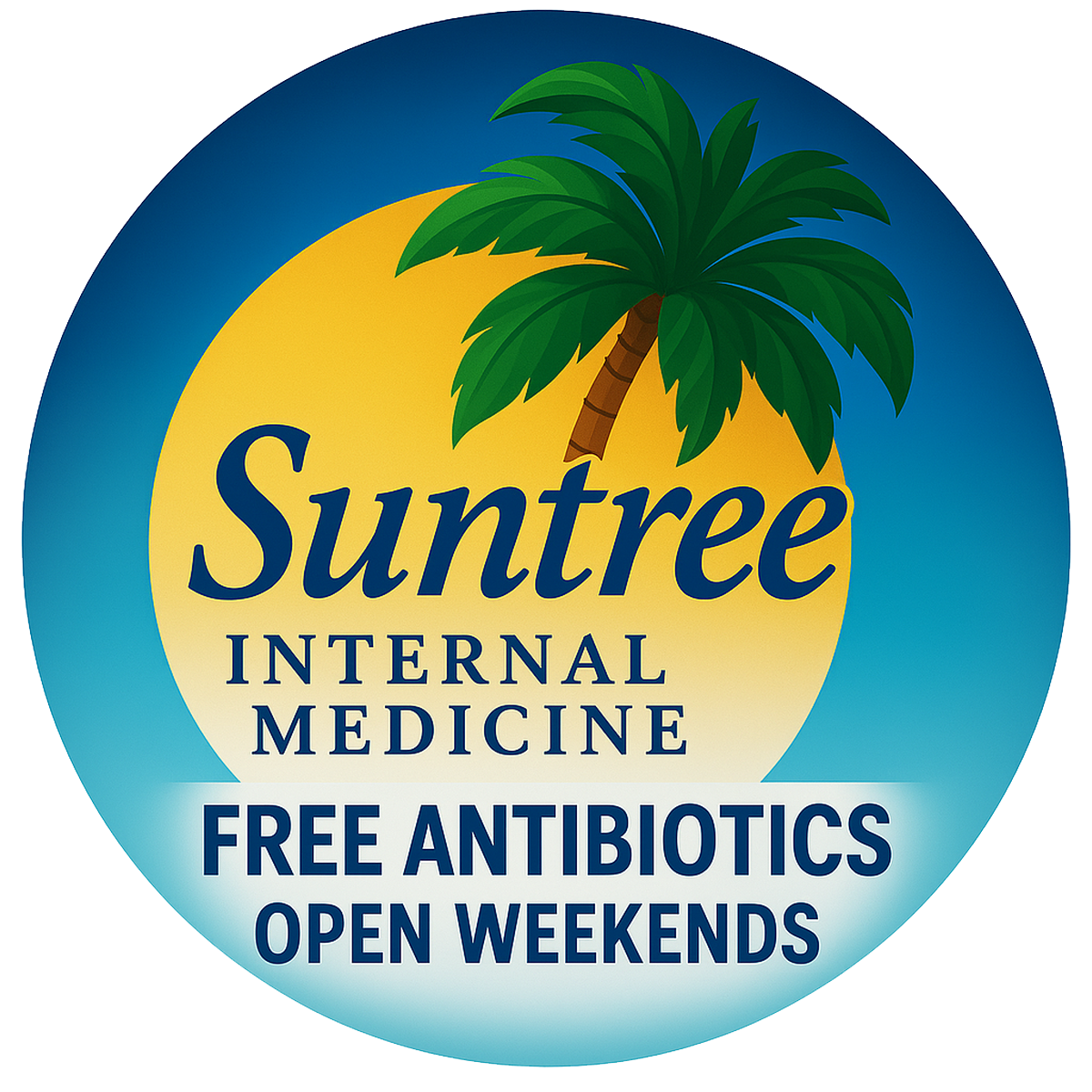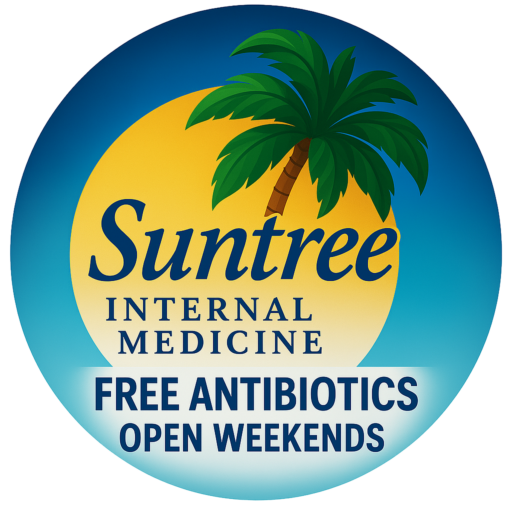Nuclear Stress Test

Determine whether there is sufficient blood flow to the heart.
Measures blood flow to your heart both while at rest, and while your heart is working harder due to exertion or medication. During a nuclear exercise stress test, a small quantity of radioactive tracer is injected into a vein. This tracer releases radiation that is then detected by a special camera called a gamma camera, which produces computer images of the heart. When combined with exercise, this test assists in determining whether there is sufficient blood flow to the heart during activity versus at rest.
Usually, an appointment for a nuclear stress test will take 2 to 3 hours, though the actual exercise part of the test only lasts less than 15 minutes. The results of a nuclear stress test are then reviewed by a cardiologist and reported to your referring or primary care physician.
You will be required to refrain from eating or drinking anything for 4 hours before a nuclear stress test. You must also avoid any caffeine for 24 hours prior to the test. You may also need to refrain from taking certain medications before the test, so please be sure your physician is consulted well in advance to determine which medications you should or should not take.

